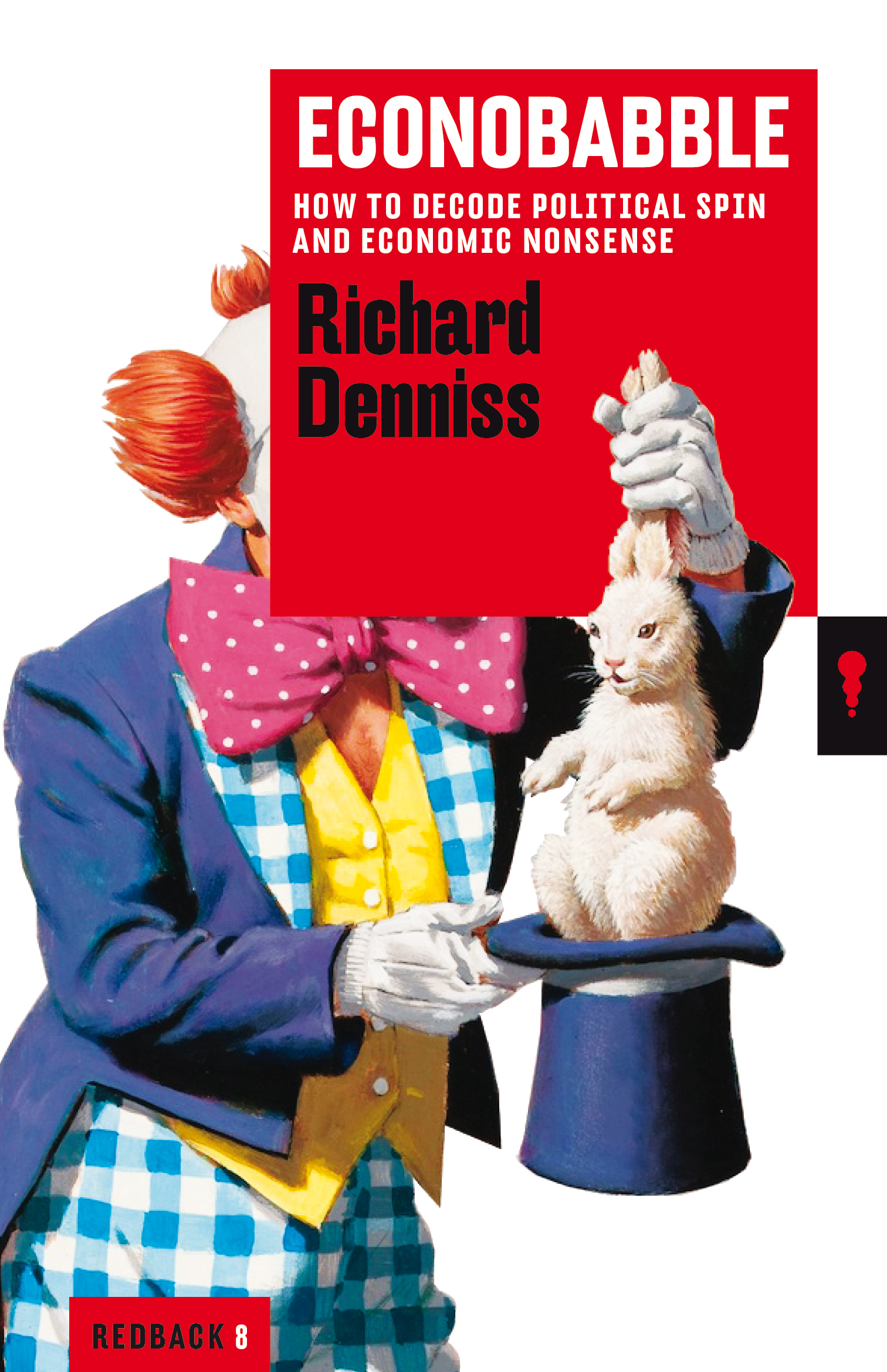What do you think?
Rate this book


166 pages, Paperback
Published February 1, 2016
- explaining how those who claim to hate regulation and red tape often love regulation if it suits them or increases their profits, and only dislike the regulation that pulls them into line. "If you haven't noticed, most shock-jocks claim to hate 'nanny-state regulation', but they simultaneously claim to love 'law and order'."
- pointing out the hypocrisy of crying "we can't afford it" when it comes to health, education, or environmental policy whilst simultaneously spending that money on tax cuts and fossil fuel subsidies.
- how economic modelling is "garbage in, garbage out", especially when it is conducted on the basis that the assumptions are commercial-in-confidence instead of being open and transparent about the assumptions made.
- reframing the narrative around spending to be because it's the right thing to do, not because it is profitable ("the main reason we should spend more money on [preventative health measures] is that it helps people avoid needless pain and suffering... it is wrong to withhold treatment from vulnerable groups when we know the long-term consequences of this. The fact that well-designed preventive health measures can save our nation a lot of money down the track is a bonus - it's not the main reason we should invest in them.")